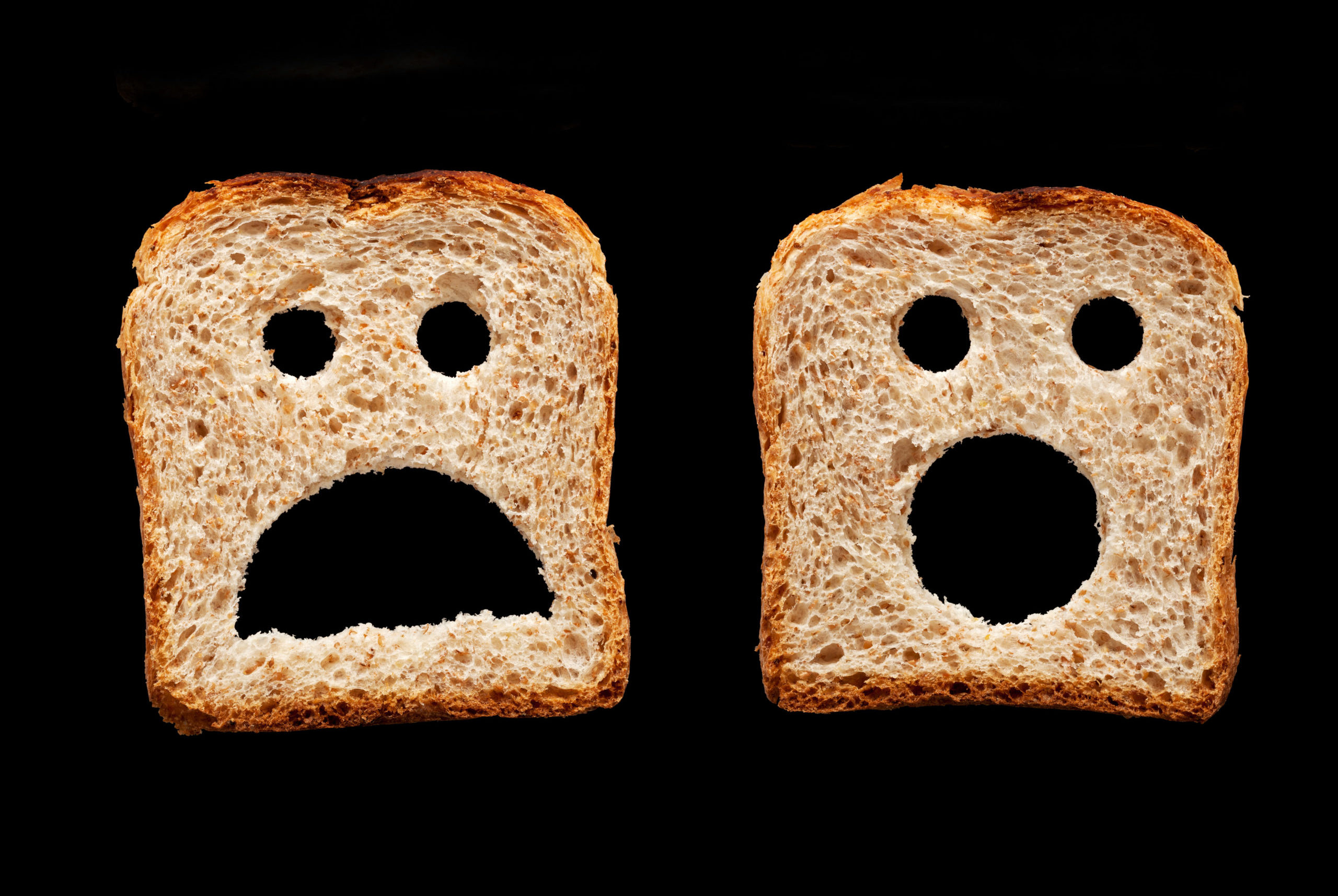We all know someone who has proclaimed they are a picky eater. If you don’t, “Hello, I am Nicole, and I am a picky eater.” As a picky eater, I do not like certain foods. Meaning, that I choose not to order them or eat them when I can help it. Things like mustard, pickles, raw onions, oysters, truffle oil, mangos… the list of things I prefer not to eat are quite lengthy, and I will avoid them at all costs. But, if I was on a deserted island with a pile of pickles covered in truffle oil, you bet I would be eating them. The sight and thought of eating them do not cause me panic or fear, I just really don’t like them! However, when avoidance or the simple picky eating behaviors are recognized more as true fears of consuming or being around certain foods, that is when they are not simply food choices, but actual phobias.
A food phobia would fall into the category of a specific phobia. According to the National Institute of Mental Health (NIH) a “specific phobia is an intense, irrational fear of something that poses little or no actual danger.” And while one could assume that having a food phobia is the same as having an eating disorder, they are quite different. “Eating Disorders are typically concerned with weight, body size, and shape coupled with a fear of gaining weight or becoming fat. Food phobias usually fear foods due to fear of the food itself, or because of an associated situational fear (like vomiting) but not concerned with weight,” according to EatingDisorderHope.com.
When one suffers from a food phobia, they will have “symptoms that are anxiety based, and fear is centered around having to eat, cook, or be close to specific foods. Symptoms also include dizziness, excessive sweating, nausea, feeling as if they cannot breathe, heart rate increase and shaking, all similar to panic disorder symptoms,” according to EatingDisorderHope.com. Having a food phobia doesn’t have to be a lifelong problem, there are many successful treatments that can help. Healthline.com reports that treatment for food phobias may include cognitive behavioral therapy, exposure, medication and hypnosis. If you or someone you know may fall into the category of having a food phobia, the best thing to do is reach out to your doctor immediately to have your questions answered. There are so many wonderful foods out there, even truffle oil, to enjoy!
CAN YOU GUESS THESE FOOD PHOBIAS?
- Acerophobia
- Alektorophobia
- Alliumphobia
- Arachibutyrophobia
- Brumotactillophobia
- Carnophobia
- Cibophobia
- Consecotaleophobia
- Deipnophobia
- Food Neophobia
- Fructophobia
- Geumophobia
- Ichthyophobia
- Lachanophobia
- Mageirocophobia
- Methyphobia
- Mortuusequusphobia
- Mycophobia
- Ostraconophobia
- Phagophobia
- Thermophobia
- Turophobia
- Xocolatophobia
ANSWERS:
Acerophobia: Fear of sour things; Alektorophobia: Fear of eating chicken; Alliumphobia: Fear of Garlic; Arachibutyrophobia: Fear of peanut butter; Brumotactillophobia: Fear of food touching; Carnophobia: Fear of meat; Cibophobia: Fear of food/eating; Consecotaleophobia: Fear of chopsticks; Deipnophobia: Fear dining with others and conversing while eating; Food Neophobia: Fear of new or unfamiliar foods; Fructophobia: Fear of fruit; Geumophobia: Fear of taste; Ichthyophobia: Fear of eating fish; Lachanophobia: Fear of vegetables; Mageirocophobia: Fear of cooking; Methyphobia: Fear of drinking alcohol; Mortuusequusphobia: Fear of ketchup; Mycophobia: Fear of fungi or mushrooms; Ostraconophobia: Fear of shellfish; Phagophobia: Fear of swallowing; Thermophobia: Fear of hot things; Turophobia: Fear of cheese; Xocolatophobia: Fear of cocoa
Total Correct: ________
Related articles:
Up In Arms: Quick At-Home Arm Workouts
Wawa Stores Offer Free Coffee For Teachers And Administrators
Boost Your Stamina With These Tips
Parking In The SW Downtown Garage Will Be Free Starting September 11

